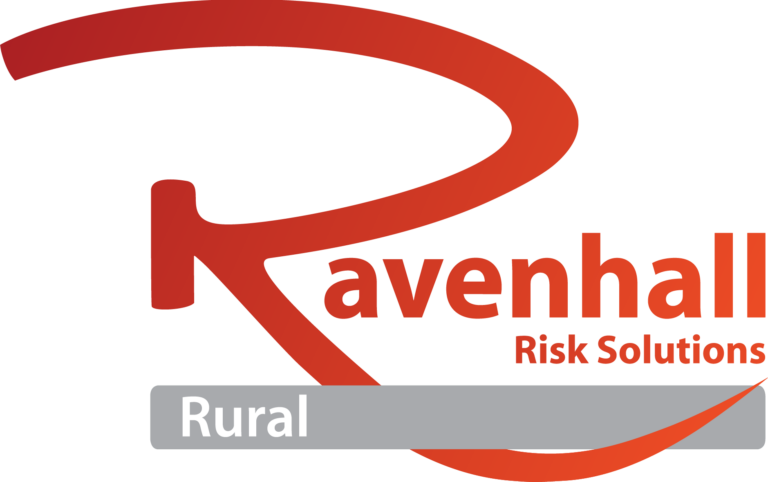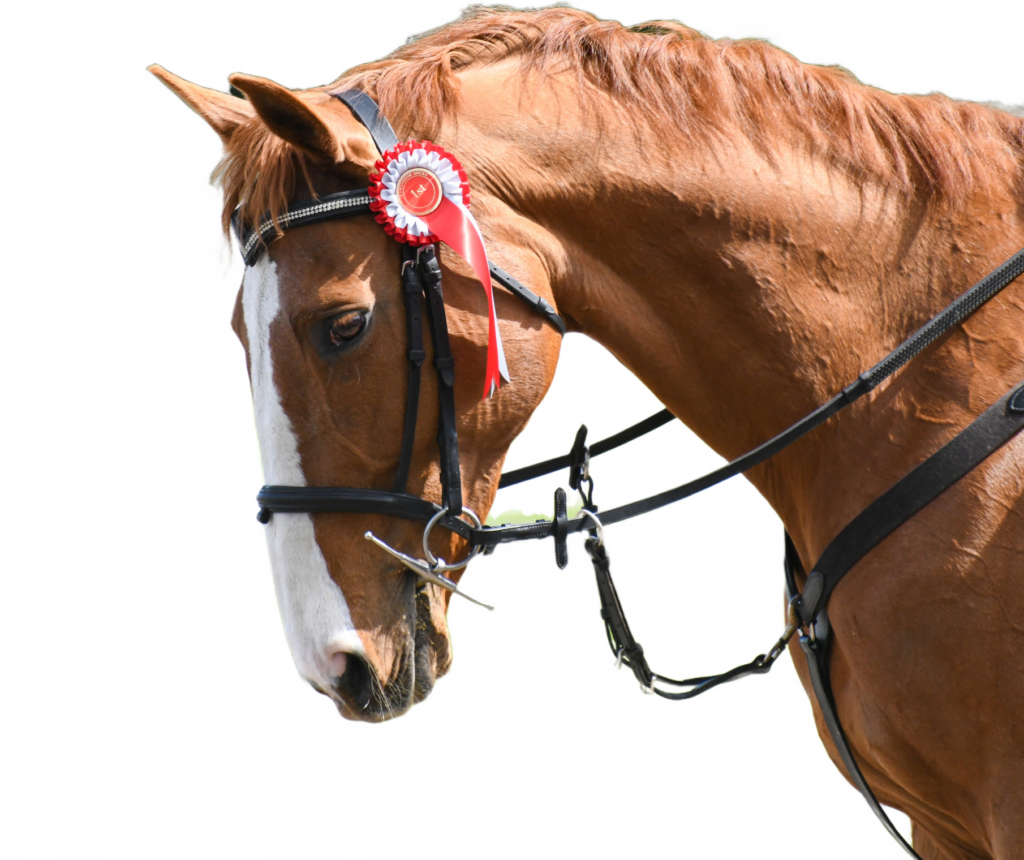The Health and Safety at Work Act is a major piece of legislation covering the health and safety of employers and employees in Great Britain. It’s sometimes referred to as HSWA, the HSW Act, the 1974 Act or HASAWA.
It sets out the general duties which:
- employers have towards employees and members of the public
- employees have to themselves and to each other
- certain self-employed have towards themselves and others
If you own a riding school, livery yard or riding centre you are legally obliged to carry out a risk assessment to ensure your staff, clients and guests visiting your property/business will be kept safe during their time there.
There are several pieces of equipment/clothing that can be worn to prevent serious injury to your employees/customers and that can protect your business from injury claims.
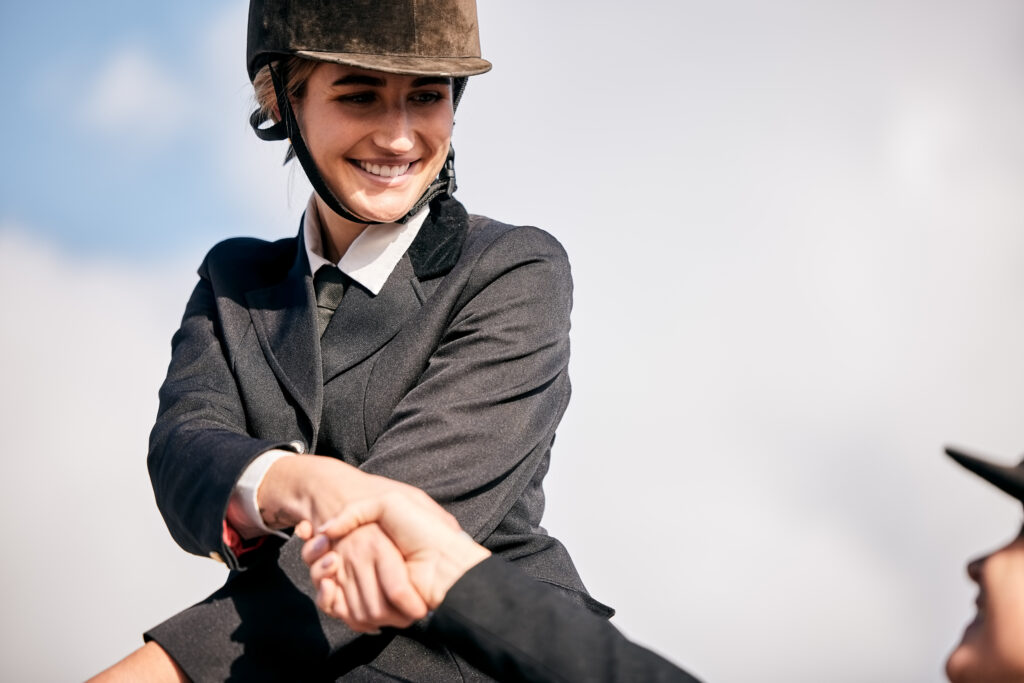
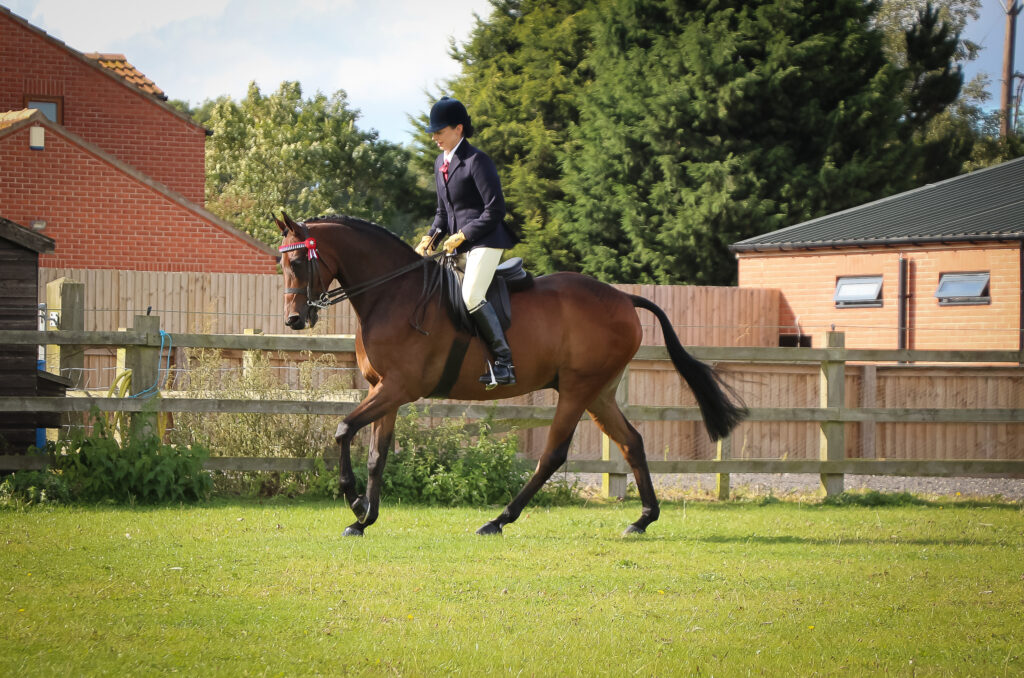
Safety
Riding hats are one of the main pieces of equipment anyone should wear when on or around horses. Therefore, if you are providing riding hats to your customers, they must meet standards that will reduce the risk of serious injury, contain high levels of shock absorbency and penetration prevention.
Every riding hat should meet a certain standard of safety in order to protect the person wearing it. Ravenhall Rural recommend the following standards which can be found inside the riding hat on the label;
- PAS 015 (2011)
- VG1
- SNELL (2016/2021)
Quality
Ensuring the riding hats you are providing and purchasing are from certified manufacturers is another way to ensure you are meeting the standard requirements of safety. There are two quality symbols to look out for when checking your helmets;
- Kitemark
- IC Mark
These symbols represent ongoing monitoring by independent bodies to ensure the manufacturers are meeting the requirements of the Health and Safety at Work Act.
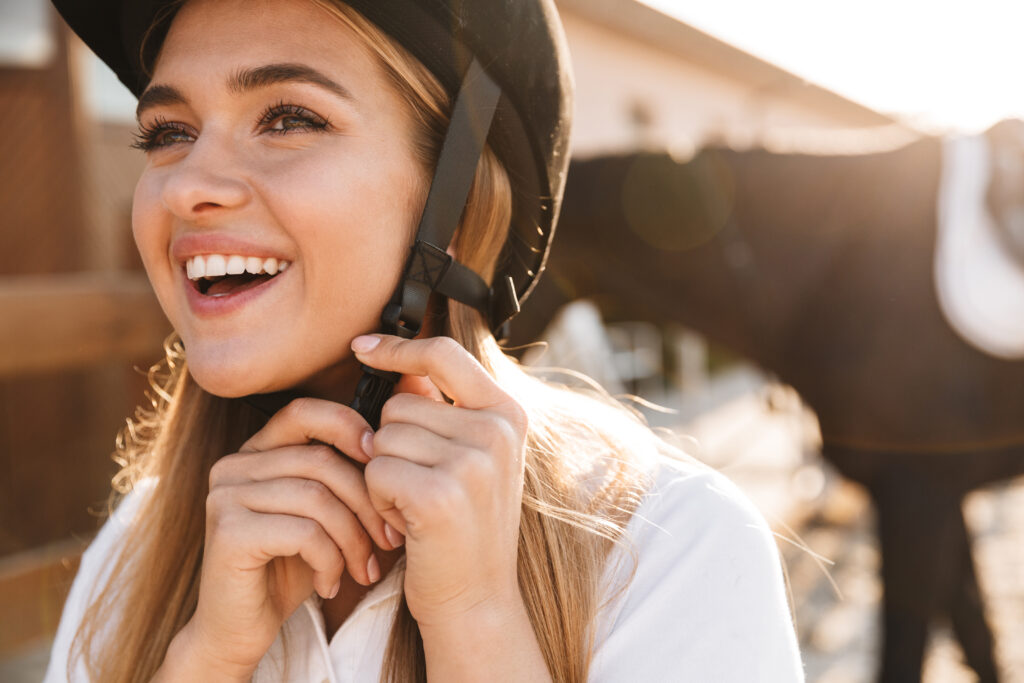
Riding hats play a vital role in helping to reduce the risk of serious head injuries, riding schools should ensure that hats are not just fit for purpose but also need to be regularly inspected and maintained.
Hats should never be purchased second hand should meet all current safety standards, purchase dates should be kept and documented to ensure the hat doesn’t exceed its natural life span and standards are still met. It is recommend every 4-5 years hats should be replaced or immediately if any impact has been made.
Any hats privately owned should be checked by riding schools and instructors prior to use and again on an annual basis, this should be documented and demonstrated in risk assessments. Hats should have no visible sign of wear and tear, with no dents or fraying of straps and all clasps in full working order.
Where possible hats should be kept out of direct sunlight and in a cool and dry place.
At Ravenhall Rural, we are here to ensure your business is protected from large, unexpected pay outs, so providing advice like this, is part of what we do. We offer 4 main types of equestrian cover. From Business Liability to Horse and Rider insurance, we will have you covered to protect your business from unexpected occurrences that can cause huge financial impact. Whatever your riding business, we can offer bespoke products designed specifically for you.
If you have any questions regarding these standard requirements, please contact one of our advisors today on 0345 216 3000 or at ravenhallrural.co.uk
Contact Us
If you have any questions for a member of the Ravenhall Rural team, please contact us on 0345 216 3000, or complete the contact form below.
